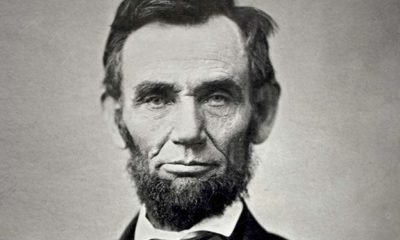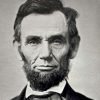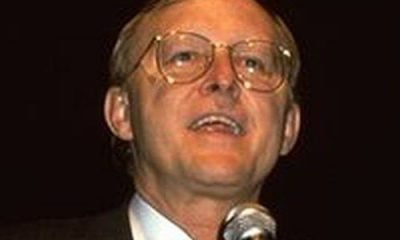People
The Worst Nights Of Sir Edmund Hillary Life
Sir Edmund Hillary
Amid a long battle, the minute directly previously a triumphant leap forward is regularly a dim one—once in a while even pitch dark. So it was for Edmund Hillary the prior night he would endeavor to climb Mount Everest—something nobody had ever done.
The physical test alone was overpowering that last night. Stayed outdoors at a rise of 25,800 feet (the pinnacle of Everest is at 29,028 feet), his tent was beat by a breeze that an associate said seemed like the thunder of one thousand tigers.
He inhaled with the assistance of an oxygen tank. His pneumatic bed flattened, and his hip solidified where it interacted with the ice. He couldn’t rest despite the fact that he was depleted. The majority of this occurred in total haziness. Perhaps more awful than the physical distress was the mental war, the internal evil spirits to vanquish despite such a preliminary.
Hillary later composed that that night he was desolate and apprehensive. He questioned himself, tormenting himself with the inquiry, What is the sense in endeavoring to climb Everest? It was without a doubt one of the most exceedingly bad evenings of his life. Be that as it may, his most exceedingly awful night was to be trailed by his most prominent day: May 29, 1953, which denotes the principal overcoming of Everest. This was, for Hillary, a very strict rebound.
A year sooner, in 1952, he attempted to ascend the 29,028-foot monster mountain and fizzled, similar to the fifteen men who had attempted beforehim. Be that as it may, mixed with “second exertion,” he returned to the mountain and made it to the summit. Many would pursue, however Hillary and his dependable local guide, Tenzing Norgay, would be everlastingly first.
Hillary broadly said that, in making the ascension, it wasn’t simply the mountain that he vanquished, however. Thus it is with each rebound. Hillary shaped a bond with the companions he made in the Himalayas and returned in later years to help assemble framework: mountain runways, schools, medical clinics, facilities. He rebuilded antiquated Buddhist religious communities.
Significantly philanthropic, he considered these endeavors unquestionably more advantageous than the vanquishing of Everest, with which his name will be perpetually connected.












